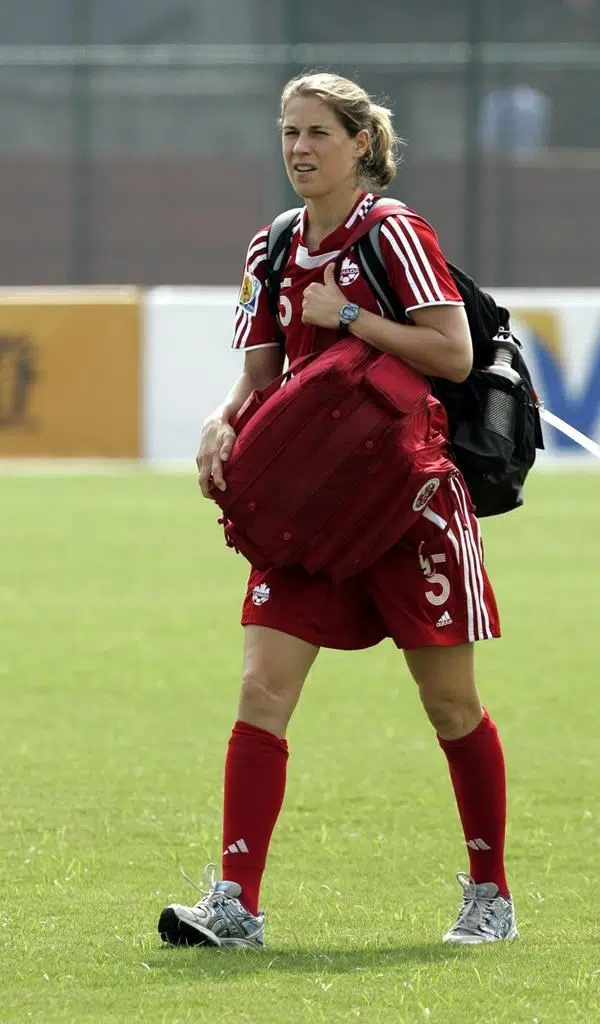
Former Whitecaps women’s soccer players want change after harassment allegations
VANCOUVER — A group of female soccer players is calling for change amidst allegations of harassment and bullying by a former coach for the Vancouver Whitecaps and Canada Soccer.
Twelve players released a joint statement on Monday alleging they witnessed or experienced incidents of “abuse, manipulation or inappropriate behaviour” by Bob Birarda when he was the head coach of the Whitecaps women’s team and the women’s under-20 national talent pool in 2007 and 2008.
Allegations include Birarda rubbing a player’s thigh, sending players sexual text messages, making lewd comments about a player’s wet jersey and ignoring a player at practices, games and team meetings after she stopped replying to his personal messages.
Ciara McCormack was on the team in 2007 and made similar allegations in a blog post in February, saying Canada Soccer and the Whitecaps did not adequately address or investigate her concerns.


